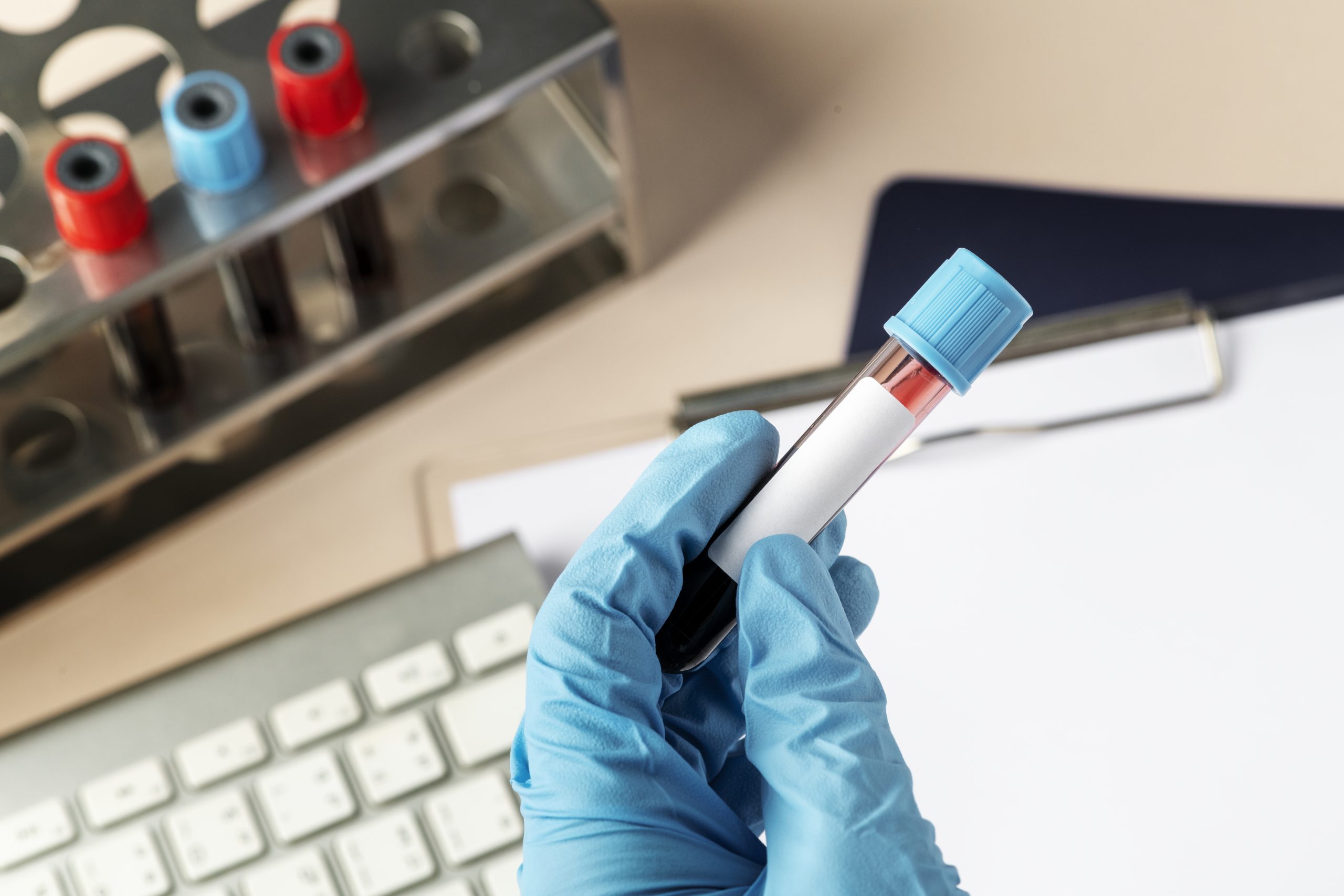Vitamin D is an essential nutrient. Its presence in the body helps with the absorption of calcium. This is vital for the growth of bones and teeth and for maintaining their strength. Vitamin D also helps with the function of the muscular and immune systems, and plays a role in reducing inflammations.
A lack of vitamin D increases the risk of developing conditions like rickets in children, bone pain, and weakness and softness of bones (osteomalacia / osteoporosis).
Recent studies have shown that most of Qatar’s population is vitamin D deficient, especially women and children. Those who have the highest risk of Vitamin D deficiency are women, infants and young children (under 5 years old), the elderly (over 65 years old), and people with long daytime indoor working hours. It is advised for everyone to get regular checkups with their doctor for their vitamin D levels, especially pregnant and breastfeeding women and their infants.
Ways to get vitamin D
Sun exposure is an excellent way to get vitamin D, but is not always a good option in this region. Due to the high summer temperatures in Qatar, prolonged sun exposure comes with a high risk of heat strokes and dehydration. In that case, it is advised to avoid sun exposure during the summer and instead choosing to get exposed to the sun for a limited time during the cooler seasons. It is highly recommended to avoid over exposure to the sun as this might cause more harm if done for a long period of time (e.g. skin cancer). Safe sun exposure can be achieved during outdoor physical activity for the family at parks and beaches.
You can also get Vitamin D from your diet. Some foods that are relatively high in vitamin D, include oily fish (salmon, tuna, sardines and mackerel), and egg yolks. Certain foods like dairy products (milk, cheese, and yogurt), powdered milks, margarine, and breakfast cereal are also fortified with this certain vitamin. If you are deficient in Vitamin D, you might not be able to get enough from your food, and might need a Vitamin D supplement
Vitamin D supplements are an alternative to sun exposure to adequately meet your Vitamin D needs. It is advised to get regular tests and a doctor’s consultation regarding the supplement dosage for each individual. Depending on your results, your doctor will prescribe the vitamin D dosage needed and whether it should be taken through supplements or injections.
Make sure you consult a doctor before taking vitamin supplements as prolonged over consumption can lead to excessive calcium absorption which eventually weakens and softens the bones , as well as causing kidney damage.
For more health care tips, visit www.sidra.org






Leave A Comment
You must be logged in to post a comment.